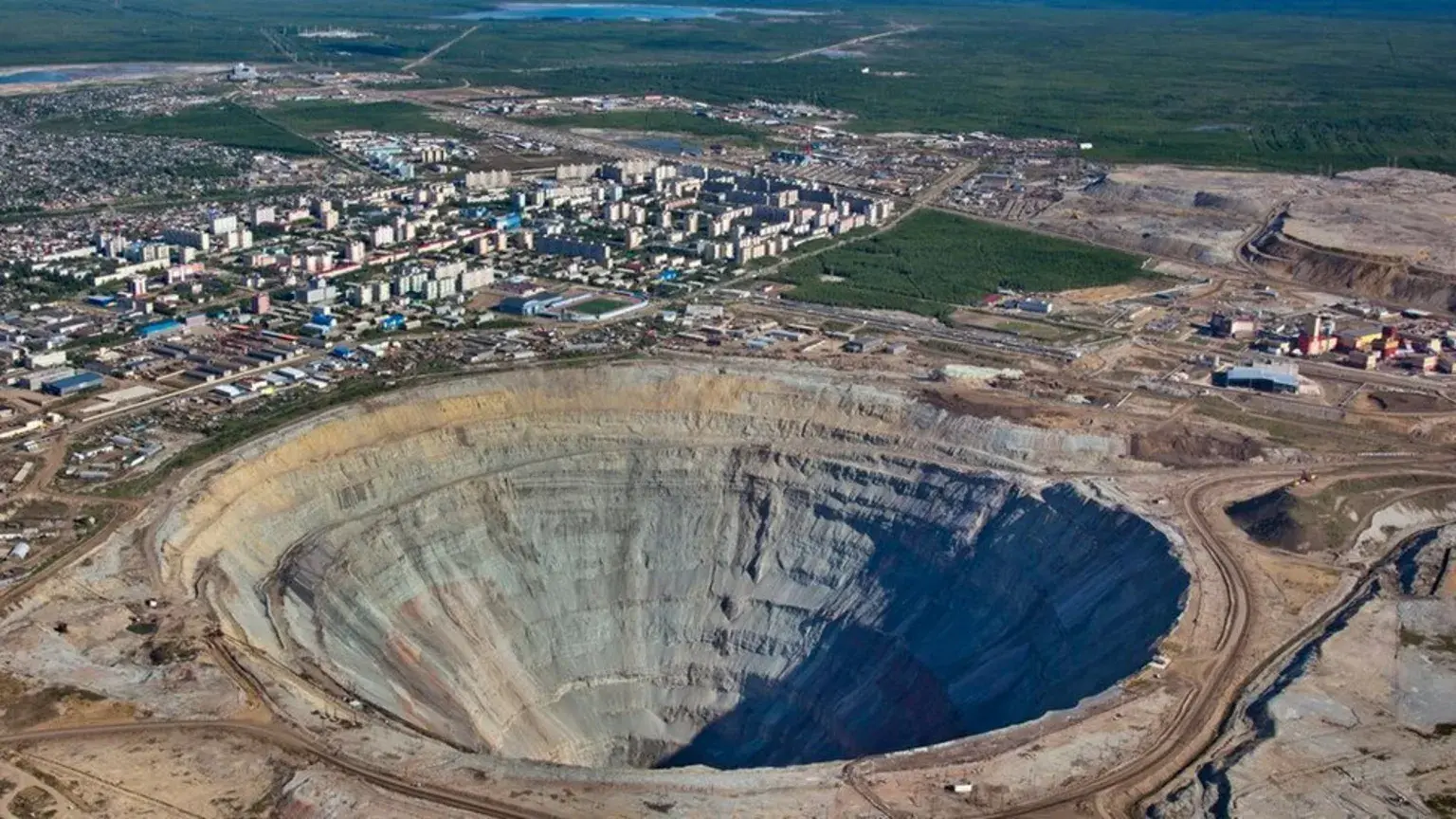
Lab-grown diamonds are in vogue these days due to the numerous advantages they offer over earth-mined diamonds.
Touted as environmentally friendly diamonds, lab-grown diamonds offer distinct ethical advantages. They are not mined from the earth but are created in a controlled environment in a laboratory.
Lab-grown diamonds are physically, optically, and chemically the same as natural diamonds and are classified as real diamonds.
However, due to the process followed in producing them, lab-grown diamonds are regarded as more sustainable than mined diamonds.
But are lab-grown diamonds sustainable?
Lab-Grown Diamonds Environmental Impact – Are Lab-Grown Diamonds Better For The Environment?
Relatively, the environmental impact of mined diamonds is much higher than that of lab-grown diamonds. Traditional mining requires extensive land disruption and water contamination, which is far lower when producing lab-made diamonds.
Moreover, many laboratories use renewable sources of energy for the production of lab-grown diamonds, further lowering their carbon footprint considerably. This is why lab-grown diamonds are often called eco-friendly diamonds or environmentally-friendly diamonds.
With that said, it can’t be denied that growing diamonds in a controlled laboratory environment consume substantial energy. And the carbon footprint can be pretty high if a non-renewable energy source is used in the process.
Ultimately, lab-grown diamonds are a sustainable alternative to mined diamonds, but the sustainability quotient also depends on the energy source used in their production.
The Environmental Impact Of Diamond Mining
Diamond mining is a process that requires significant disruption to the land and the overall surrounding environment. Whether diamond mining is done through open-pit or alluvial mining, removing a vast amount of rock and soil is required.
Diamond mining is often blamed for being the primary cause of loss of biodiversity, soil erosion, water contamination, and deforestation in the place where it’s done.
The local ecosystem and communities are often negatively impacted due to land, soil, and water-related contamination caused by diamond mining.
Another reason how diamond mining is less sustainable is because of the massive carbon emissions it causes.
There are numerous chemicals used in the mining process, including controlled explosions and the use of heavy machinery and equipment.
Transporting the excavated diamonds to the processing labs and thereafter to the retail market adds to the total carbon footprint of diamond mining.
This is why lab-grown diamonds are often called earth-friendly diamonds!
How Are Diamonds Extracted From The Earth?
There are two types of extraction methods used for mining diamonds, namely alluvial mining and open-pit mining.
Alluvial mining uses equipment and machinery to sift through the earth bed and riverbeds to locate and extract diamonds.
In open-pit mining, large quantities of earth are removed to reach deep within the earth where diamond rocks are located.
Both these processes lead to habitat destruction, soil erosion, water pollution, and significant release of greenhouse gases.
Are Lab Grown Diamonds Durable?
Yes, lab-grown diamonds are as durable as their natural counterpart.
Both earth-mined diamonds and lab-grown diamonds have similar chemical, optical, and physical characteristics and qualities.
The lab-grown diamonds measure 10 on the Mohs hardness scale, like natural diamonds, making them highly tough, durable, and long-lasting.
If you’ve never tried lab-grown diamonds, you can shop lab grown diamonds at Donj Jewelry, the finest online shop for exquisite lab-create jewelry for men and women.
Positive Impacts Of Synthetic Diamonds
There are no significant negative impacts of synthetic diamonds on the environment compared to earth-mined diamonds.
Some of the positive impacts of lab-grown diamonds are –
- Lower Environmental Disruption & Degradation
- Lower Carbon Footprint
- Ethical Production
Natural Diamond Mining Impact – Statistics
There are many controversies surrounding the diamond mining industry, and its environmental impact is no secret.
In terms of statistics, extracting just one carat of diamond has a carbon footprint of 108.5 kgs of carbon dioxide.
As per the data, around 147 million carats were extrapolated in 2018. This amounts to over 16 million tons of carbon dioxide emissions. To give you a better idea, this amount of emission equals what nearly 4 million cars produce yearly.
Lab Grown Diamonds – An Affordable & Responsible Choice
Overall, it can be said without a doubt that lab made diamond rings are a sustainable alternative to natural diamonds due to the value for money they offer.
Earth-mined diamonds often come with some impurities, which is why they are graded on the basis of cut, clarity, carat, and color (the 4Cs). However, with lab-grown diamonds, you can easily find a stone that matches your exact preferences without having to spend a fortune.
Lab-grown diamonds are conflict-free, environmentally friendly, and readily available at a lower price point than earth-mined diamonds.
So, are lab grown diamonds a sustainable alternative to mined diamonds? The answer is YES!
Go ahead and be a responsible customer and make a responsible choice by choosing lab-grown diamonds today!





 My Account
My Account  My Bag
My Bag  My Wishlist
My Wishlist 
